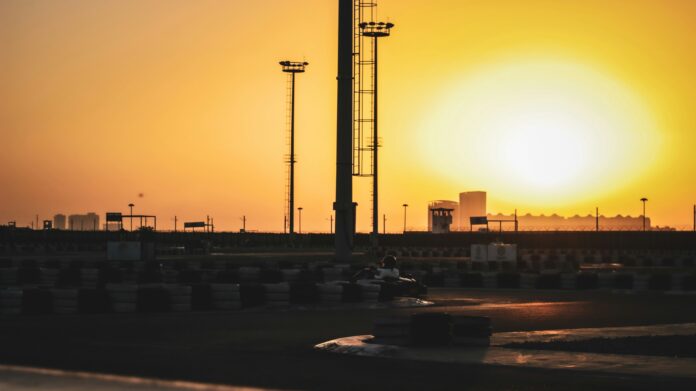The events of May 9th, 2023 in Pakistan reverberated not only in the streets, but also across the nation’s political, security, and economic landscapes. PTI-led protests, coupled with assaults on military installations, struck the core of Pakistan’s stability and security perception, leaving a trail of economic uncertainty in the country’s wake. While the immediate aftermath of these protests brought about economic downturns and a dent in foreign investor confidence, the Pakistan is now faced with the arduous task of rebuilding trust and charting a path towards sustainable growth.
Amidst this opportunity for economic revival, the appointment of Muhammad Aurangzeb as the new Finance Minister has ignited a glimmer of hope. A seasoned banker with stints at Citibank and JP Morgan, and most recently the CEO of Habib Bank Limited, Pakistan’s largest commercial bank, Aurangzeb brings a wealth of experience to the table. His deep understanding of financial markets and economic strategy is now directed at steering Pakistan back towards stability and growth.
Minister Aurangzeb’s appointment came at a critical juncture, as Pakistan continues to grapple with severe economic challenges exacerbated by the recent unrest. His discussions with Prime Minister Shehbaz Sharif and key ministers during the recent visit by World Bank Vice President for South Asia, Martin Raiser, signal a concerted effort to tackle Pakistan’s economic woes head-on. The focus is not just on short-term fixes but on laying the groundwork for long-term sustainable growth.
With domestic challenges looming, Pakistan is also looking towards international partnerships to bolster its economic resilience. Saudi Arabia’s Vision 2030 reform plan, aimed at diversifying the kingdom’s economy away from reliance on oil and gas, presents a significant opportunity for collaboration. The enactment of Saudi Arabia’s first written civil code that enhances investor protection and fosters a conducive environment for investment, aligns seamlessly with Pakistan’s ambitions for economic development.
Saudi Arabia’s ambitious goal of reaching $100 billion in foreign direct investment by 2030 underscores the urgency of implementing similar legal reforms in Pakistan. Prime Minister Shehbaz Sharif’s proactive efforts in stabilizing the economy, restoring investor confidence, and driving significant policy reforms to attract foreign direct investment are pivotal in this endeavor. His inclusive approach, as evidenced by the decision to include global experts and stakeholders in a consultative process aimed at improving the country’s economic health and financial stability, reflects a commitment to holistic reform. Moreover, his outreach to Saudi Arabia to explore new investment opportunities signals a proactive stance towards expanding investment avenues.
While recent data indicates progress, with just under $33 billion in FDI inflows in 2022, there remains a considerable gap to bridge. Anton Kuchukhidze, Co-founder of The United Ukraine Think Tank, highlights the pivotal moment Pakistan faces in aligning with Saudi Arabia’s ambitious target and underscores the importance of implementing analogous legal reforms. Under Prime Minister Sharif’s leadership, the Pakistani government must capitalize on these initiatives to enact reforms that not only attract significant capital inflows but also propel the nation towards sustained economic prosperity.
As the legal process unfolds and efforts to restore peace and stability gain momentum, the government’s commitment to addressing the adverse impacts of the recent protests is unwavering. It is imperative to rebuild investor trust and create an environment conducive to economic growth. The narrative must shift from one dominated by political unrest to one focused on economic success, leveraging international partnerships and implementing reforms that lay the foundation for a brighter future.
The echoes of May 9 may have highlighted vulnerabilities, but they have also catalyzed a movement towards meaningful change. With figures like Finance Minister Aurangzeb and Prime Minister Sharif leading the charge and strategic alliances in the offing, Pakistan is poised to redefine its economic trajectory and achieve a future marked by prosperity and stability. In this critical juncture, the nation looks towards a horizon of bold reforms and visionary leadership, aiming not just to recover but to thrive.



